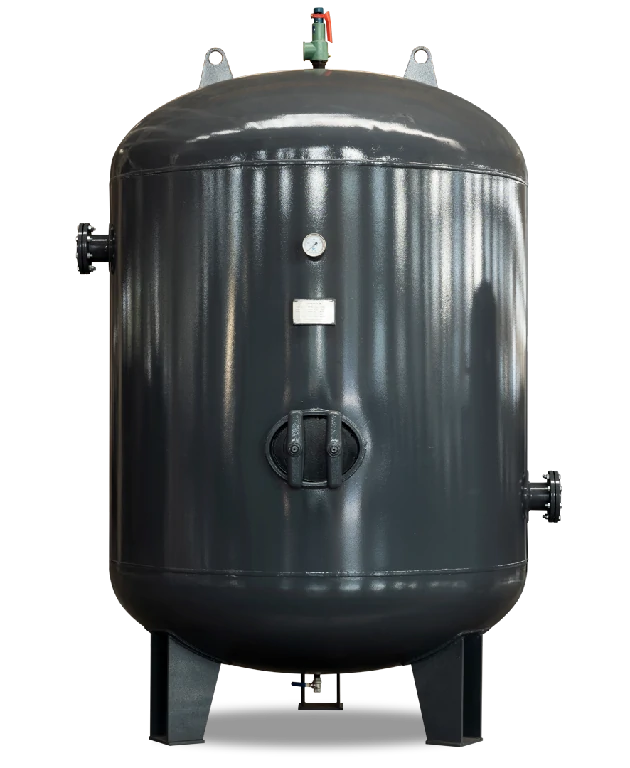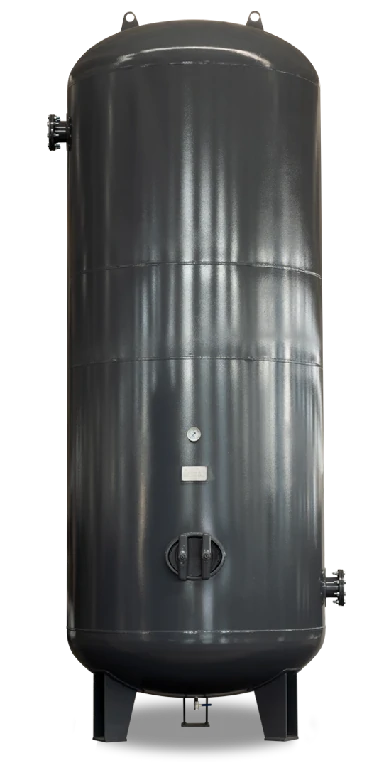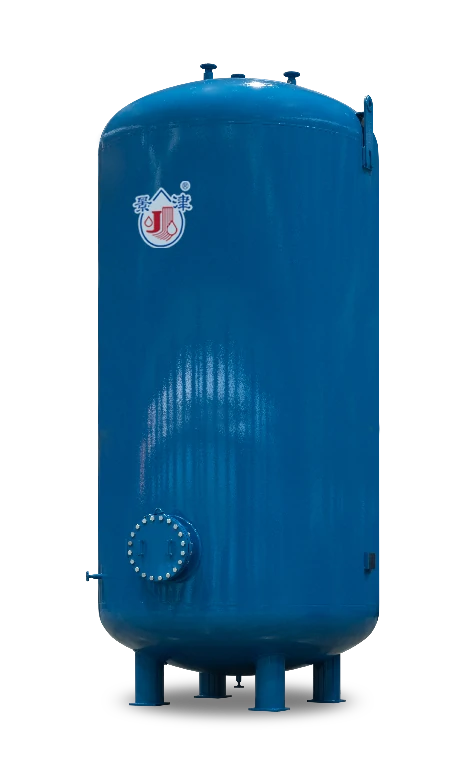
Pressure Vessel
A pressure vessel is a sealed container designed to hold gases or liquids at a pressure substantially different from the ambient pressure.

Product Overview of Pressure Vessel
Pressure vessel is enclosed containers made to hold gases or liquids under specific pressures. Usually built from metals, they have high strength, rigidity, and good sealing. They also resist corrosion and can handle high temperatures, ensuring safe and stable operation in different working conditions.
Material and Structure
Characteristics and Classification
Function and Application of Pressure Vessel
Manufacturing Process
Making pressure vessels has many steps. First, you inspect the raw materials, then mark and cut them. After that, remove rust, do machining, and roll the materials. Next comes assembly, welding, and non-destructive testing. Mark the openings, conduct a general inspection, perform heat treatment, carry out pressure testing, and finally apply anti-corrosion measures. Everyone follows relevant standards and specifications at each step to make sure the products are of good quality and safe.
Accessories and Attachments
Pressure vessels are equipped with various accessories and attachments, such as pressure gauges, thermometers, safety valves, level gauges, and other instruments and valves. Additionally, necessary insulation, heat insulation, and anti-corrosion equipment are included. Together, these components form a complete system, ensuring the vessel’s normal and efficient operation.
After-sales Service
Jinjing offers comprehensive after-sales service support, encompassing technical consultation, installation and commissioning, maintenance, repair, and replacement services. Our professional team is committed to providing timely and expert technical support and services, ensuring your pressure vessel remains in optimal working condition.
If you are interested in our products, please contact us !


